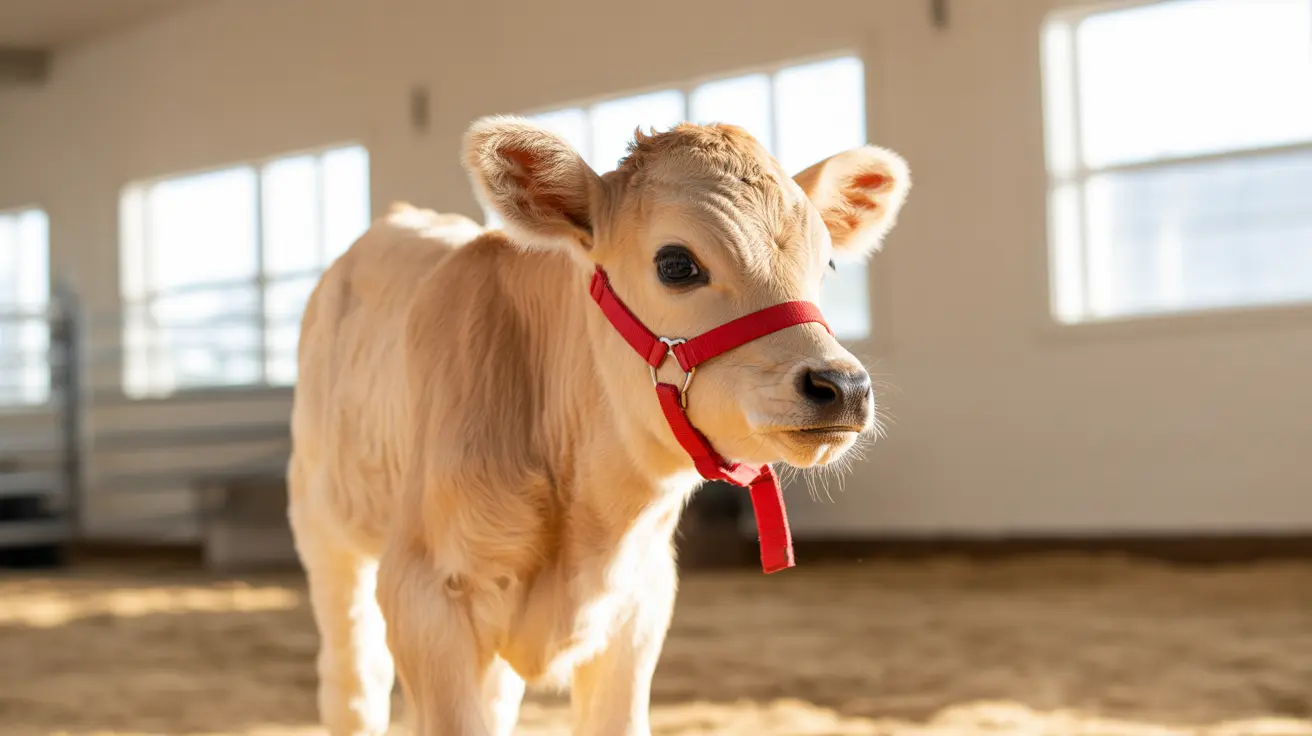Why You Should Never Feed Your Dog Raw or Undercooked Pork
For many pet owners, feeding their dogs meat is a natural and nutritious choice. However, not all meats are safe for dogs. One type of meat that veterinarians and animal nutritionists consistently advise against is raw or undercooked pork. While pork can be a source of protein, when it's not properly prepared, it poses serious health risks to your canine companion.
The Dangers of Raw or Undercooked Pork
Feeding dogs raw or undercooked pork can expose them to a variety of health issues, primarily due to parasites and bacteria that may be present in the meat.
- Trichinosis: This parasitic infection is caused by Trichinella spiralis larvae, often found in raw pork. It can lead to symptoms like vomiting, diarrhea, fever, lethargy, and muscle inflammation in dogs.
- Bacterial Infections: Pork may harbor harmful bacteria such as Salmonella and Listeria, which can cause gastrointestinal distress and other complications.
- High Fat Content: Even cooked pork can be problematic due to its fat content. Excessively fatty foods can lead to pancreatitis in dogs, a painful and potentially life-threatening inflammation of the pancreas.
Why Cooked Pork Is Not Always Safe Either
While cooking pork eliminates some risks, it doesn't make it completely safe. Many pork products (like ham, sausages, and bacon) are high in sodium and preservatives that can be toxic to dogs, such as nitrogen-based curing agents and smoke flavorings.
- Sodium Poisoning: Dogs are sensitive to high levels of salt, which can lead to symptoms like vomiting, diarrhea, dehydration, tremors, and seizures.
- Additives and Preservatives: Cured pork often contains seasonings and chemicals that can be harmful, especially to small breeds and puppies.
Other Meats to Be Cautious With
While pork is the top concern, there are other meats to treat with caution when feeding dogs:
- Cooked Bones (From Any Meat): These can splinter and cause internal injuries.
- Fatty Cuts of Meat: These increase the risk of pancreatitis and obesity.
- Seasoned Meats: Onions, garlic, and certain spices are toxic to dogs.
Safe Protein Alternatives for Dogs
Luckily, there are several safe and healthy meats you can feed your dog:
- Chicken (boneless and skinless): Lean and easily digestible.
- Turkey: Excellent source of lean protein with minimal fat.
- Beef: Best when lean and cooked without seasoning.
- Fish (like salmon and whitefish): Contains omega-3 fatty acids, good for skin and coat.
How to Safely Prepare Meat for Dogs
- Cook Thoroughly: Ensure no pink remains; internal temperature should reach 145°F for pork, 165°F for poultry.
- Remove Bones: Especially small or cooked bones which can splinter.
- Skip the Seasoning: Avoid salts, garlic, onions, and sauces.
- Trim Excess Fat: To lower the risk of digestive issues.
Conclusion
Feeding your dog a healthy, balanced diet is the foundation of a long and happy life. While meat can certainly be part of that, knowing which options are safe is crucial. Raw or undercooked pork should never be given to dogs due to serious risks like trichinosis, bacterial infection, and digestive distress.
When it comes to your dog’s wellbeing, it’s always better to choose meats and preparation methods that ensure safety over convenience or variety. Consult your veterinarian before introducing any new food to your dog's diet.





